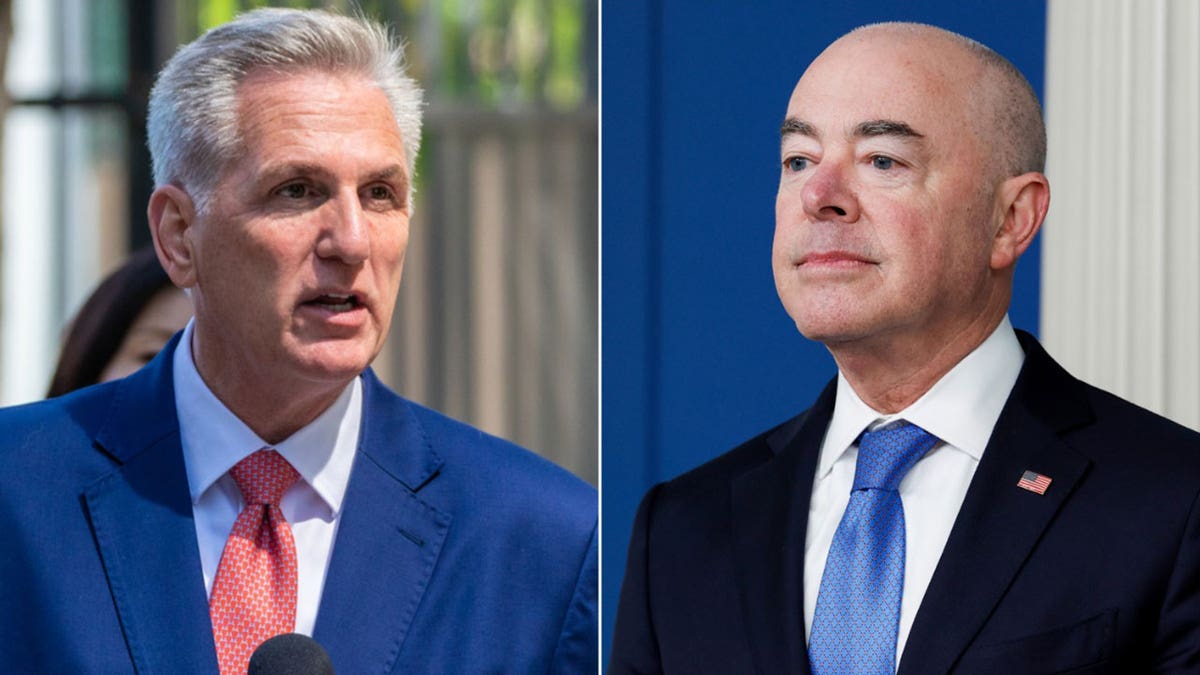Wisconsin Governor Tony Evers signed a bipartisan bill into law, marking a significant step towards bolstering Milwaukee's finances and providing increased funding for local governments across the state. This legislation empowers Milwaukee city and county to raise local sales taxes, a crucial measure to address looming financial challenges and avert potential bankruptcy.
The bill represents a compromise between Governor Evers and Republican legislators, encompassing broader initiatives such as increased funding for K-12 public schools and additional resources for private schools participating in voucher programs. This comprehensive approach aims to address multiple critical areas within the state.
Local governments across Wisconsin will receive a 36% increase in funding, addressing long-standing concerns about inadequate resources for essential services. The boost in funding is designed to alleviate the strain on local budgets and allow communities to better provide vital services like police and fire protection.
Milwaukee officials had warned of dire consequences if the bill failed to pass, citing an underfunded pension system and insufficient resources for essential services. The new legislation offers a lifeline to the city, providing an opportunity to stabilize its finances and address critical budgetary shortfalls.
The approximately $1 billion in aid to local governments, known as shared revenue, will be funded by allocating 20% of the state's 5-cent sales tax, with aid amounts linked to sales tax revenue growth. This mechanism ensures a sustainable funding source for local governments and allows for adjustments based on economic performance.
The Milwaukee Common Council and Milwaukee County Board will now have the authority to vote on raising local sales taxes, a power previously unavailable to them. This provision allows for greater local control over revenue generation and empowers local authorities to address specific funding needs.

The shared revenue program, established in 1911, had remained largely unchanged for nearly three decades. The new legislation modernizes this program and provides a much-needed update to the funding mechanisms for local governments.
Beyond the core focus on local government funding, the bill includes several other key provisions. These include measures to reduce aid to communities that decrease police and firefighter staffing levels, restrictions on public health officials' ability to order business closures without local government approval, and limitations on the use of advisory referenda questions on ballots.
The legislation also addresses diversity, equity, and inclusion (DEI) initiatives, restricting the use of tax money for positions primarily focused on promoting individuals or groups based on certain characteristics. It also prohibits discrimination or preferential treatment in employment decisions based on those same characteristics. Additionally, it mandates that Milwaukee Public Schools reinstate a minimum number of school resource officers.
The increased funding for schools, while welcomed by many, also sparked some debate due to the inclusion of increased funding for private schools accepting voucher students. This element of the bill highlights the complexities of balancing public and private education funding.








